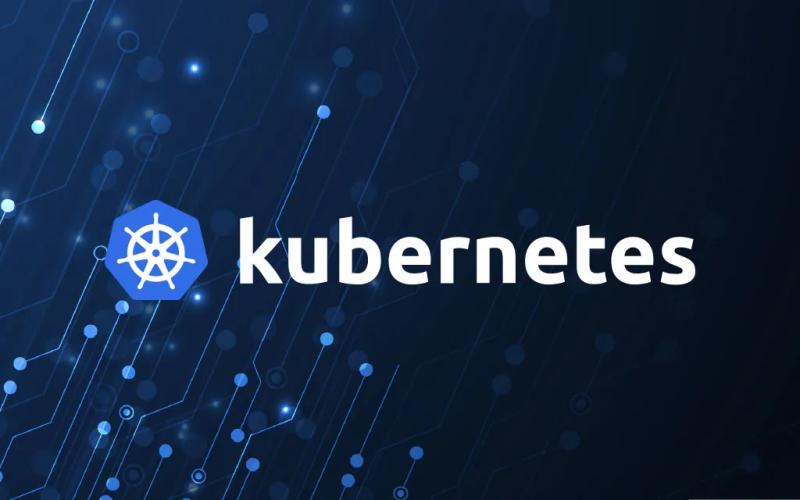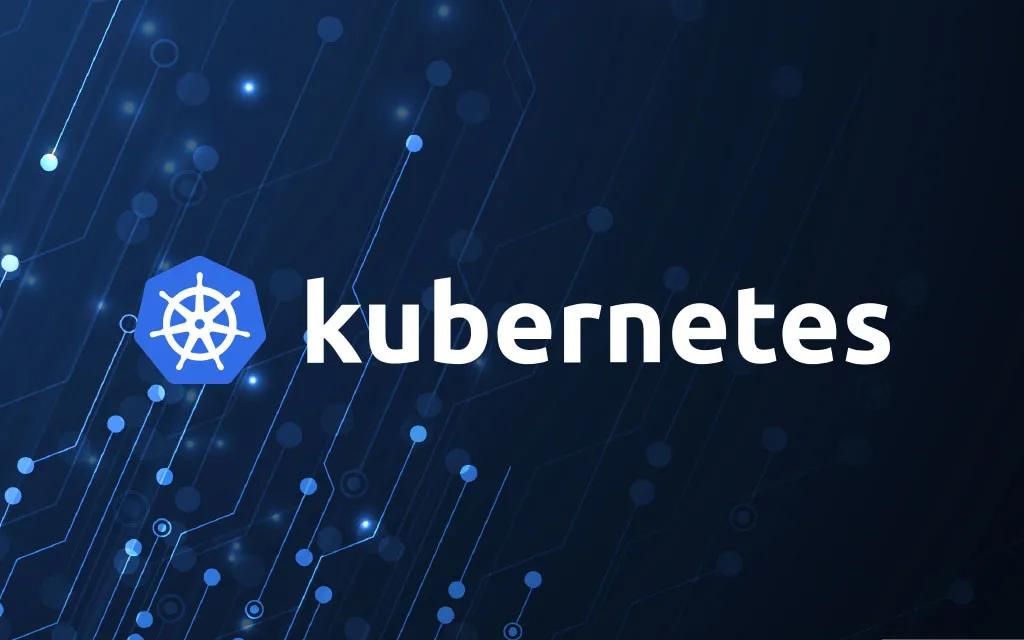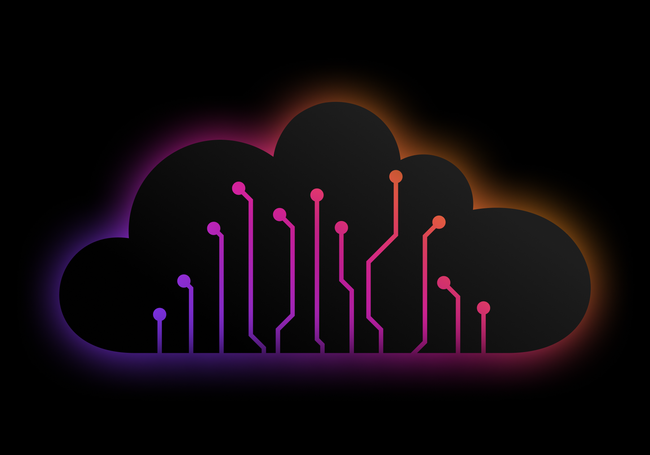Expanding Kubernetes Support with Domino 4.3
Bob Laurent2020-09-02 | 5 min read

By Bob Laurent, Senior Director, Product Marketing, Domino on September 02, 2020 in Product Updates

Kubernetes (K8s) is quickly becoming the general purpose compute substrate for IT and the consensus API for application portability and infrastructure future-proofing. Kubernetes brings a whole new set of benefits to containerized applications, including efficient hardware utilization. K8s has the capability to automatically scale up when capacity peaks and scale down again after a peak. This is a tremendous asset, especially in the cloud, where costs are based on the resources consumed.
Scaling a cluster up or down is quick and easy because it’s a matter of just adding or removing virtual machines (VMs) to the cluster. This dynamic resource allocation is especially beneficial for data science workloads; the demand for high-powered CPUs, GPUs and RAM can be extremely intensive when training models or engineering features, but then the demand can scale down again very quickly.
Just like various vendors offer distributions of the Linux kernel, today there are over 90 different distributions of Kubernetes that have been certified by the Cloud Native Computing Foundation. Each certified distribution offers a degree of interoperability, as well as conformance to a consistent interface (via APIs), but details between offerings can differ. The number of vendors who have committed to supporting Kubernetes highlights the openness and maturity of this open source orchestration system, similar to how many vendors support Linux.
Adding support for the most popular Kubernetes distributions
IT teams want infrastructure that supports today’s requirements, but also has the flexibility to support future scale, without being locked into one vendor. We’re committed to aligning the development of our Domino data science platform with the investments that IT is making in next-generation infrastructure, including Kubernetes.
Domino supports all of the major cloud providers’ respective flavors of managed Kubernetes, including:
- Amazon Elastic Kubernetes Service (EKS)
- Google Kubernetes Engine (GKE)
- Microsoft Azure Kubernetes Service (AKS)
Domino also supports the most popular Kubernetes distributions for on-premises deployments, including VMware Tanzu Kubernetes Grid (formerly Pivotal Container Service, or PKS) and open source Rancher.

With the Domino 4.3 release, Domino is adding support for Red Hat OpenShift Kubernetes Engine for intelligent Kubernetes orchestration on OpenShift clusters. Red Hat OpenShift is a popular choice by IT teams for on-premises Kubernetes deployments, and we’re excited to bring this capability to our customers.
Adding support for multi-tenant Kubernetes clusters
Most companies investing in on-premises Kubernetes installations purchase large, centralized clusters of high-performance hardware. To recoup this investment and maximize utilization, IT departments need the ability to allocate multiple applications to a cluster.
To fully support these customers, Domino is announcing support for multi-tenant Kubernetes clusters. An on-premises Kubernetes cluster can now support multiple applications (tenants), including Domino. Domino 4.3 supports multi-tenant clusters by adhering to a set of principles that ensures it does not interfere with other applications or other cluster-wide services that may exist. It also enables companies with spare Kubernetes capacity to run Domino without additional high-end hardware purchases.
Wrap-up
With Kubernetes’ popularity, orchestration capabilities, and its interoperability across clouds and on-premises systems, it offers both unparalleled management power and portability. It ensures that your systems can work with any cloud vendor or on-premises infrastructure moving forward. And it efficiently manages the burstiness of data science workloads.
The team here at Domino has put a lot of energy into this latest release, and we’re excited to bring these new innovations to data science and IT teams who are scaling enterprise data science with Kubernetes in a resource-efficient manner.
Additional resources
- Read the story in Database Trends and Applications: Domino 4.3 Adds Red Hat OpenShift Kubernetes
- Read the story in Application Development Trends: Latest Domino Data Lab Release Supports Red Hat OpenShift
- Check out The IT Evaluation Guide for Domino’s Data Science Platform
Bob Laurent is the Head of Product Marketing at Domino Data Lab where he is responsible for driving product awareness and adoption, and growing a loyal customer base of expert data science teams. Prior to Domino, he held similar leadership roles at Alteryx and DataRobot. He has more than 30 years of product marketing, media/analyst relations, competitive intelligence, and telecom network experience.



